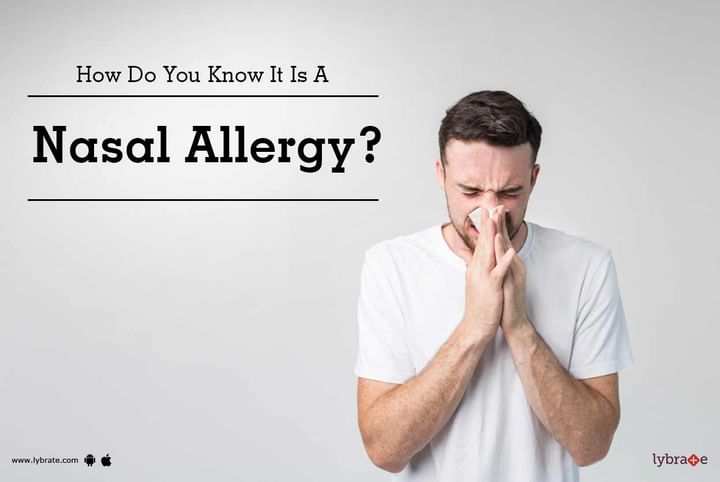How Do You Know It Is A Nasal Allergy?
Have you been sneezing frequently? Have you been feeling congestion in the chest or have a stuffy, itchy or a runny nose? If yes, it is possible that you may be suffering from nasal allergy. It is an inflammatory reaction caused due to dust mites, animal hair, pollens, and pollutants. Individuals who suffer from nasal allergies experience symptoms like nasal congestion and sneezing which tend to last for the whole day. To get a relief from the symptoms of nasal allergy, you must observe the signs of allergy and consult with an ENT or Ear-Nose-Throat specialist for effective results.
If the nasal allergy symptoms are left untreated in the early stage, then it might gradually worsen over time. So, the best way to prevent other complications is by paying attention or recognizing the allergy signs instead of ignoring them. For your convenience, here you will get to know about some of the basic symptoms which might assist you in this regard.
Three primary symptoms which you must not ignore:
- The first and foremost symptom which is quite common is a stuffy or a runny nose. One of the best methods of treating congestion is by treating the allergy behind it. You must start avoiding allergy triggers. But, if you want to identify your allergy triggers, then you may seek the assistance of an allergist or an ENT specialist. If it is not impossible to avoid the trigger, then you must try to minimise your exposure to it.
- The next sign of nasal allergy which one must not leave untreated is sinus pressure. Sinuses are tiny cavities just behind a person's eyes, cheeks, and forehead. Due to allergy, mucus builds up in such areas, and the affected person feels pain and pressure. Over-the-counter nasal sprays or applying warm and moist cloth on the face might help reduce the pain. But, if the pain or pressure stays for nearly 5-7 days, then it will be a wise decision to visit a doctor.
- Another common symptom is itchy eyes. Though it is quite annoying, severe vision problems do not occur because of this symptom hence no need to worry. To relieve this symptom, one may try applying a cold wash cloth over both the eyes, consume prescribed or OTC allergy medications. Eye drops containing antihistamine also prove beneficial in this matter. Before administering any medicines or drops, it is best to consult with your physician.
Foods that might help prevent nasal allergy:
Warm fluids like hot tea or warm chicken soup or any other fluids assist in treating congestion. Studies suggest the fact that fish containing healthy omega- 3 fatty acids might prove beneficial in decreasing the risk of allergies. So, sufferers of nasal allergy might intake fish like salmon, mackerel, and tuna. According to some research, healthy bacteria termed probiotics which are present in yogurt may help slightly lower the symptoms of pollen allergy in kids.
So, the best way to deal with nasal allergies is by identifying the common symptoms and visiting an ENT specialist as soon as possible. The specialist may prescribe you the best treatment depensing on your condition.
In case you have a concern or query you can always consult an expert & get answers to your questions!



+1.svg)
